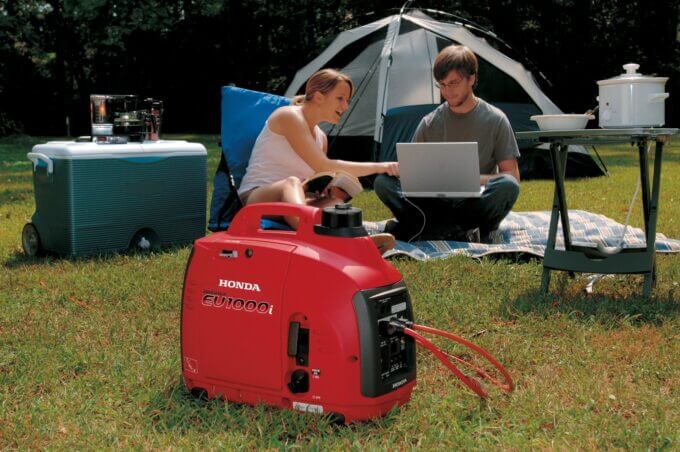A reliable generator is crucial in various scenarios, whether dealing with power outages during severe weather conditions or ensuring an uninterrupted electricity supply for essential equipment. But with numerous generator options in the market, picking the right one can be overwhelming. In this blog, we’ll discuss the key factors to help you decide which generator is right for you.
I. Power Requirements
A. Assessing your power needs
When selecting a generator, it’s essential to assess your power needs accurately. Determine which appliances or equipment are essential and non-essential. Calculate the total power consumption and identify the peak and continuous power requirements. This evaluation will guide you in selecting a generator with the appropriate wattage capacity.
B. Generator wattage selection
Generators are rated based on their wattage capacity. It’s important to match the generator’s capacity with your power needs. Understand the difference between starting (surge) and running (rated) wattage. Some appliances require a higher surge wattage during startup. Consider any potential future power needs, such as home expansions or new equipment purchases.
II. Fuel Type
A. Available fuel options
Generators come in various fuel options, including gasoline, diesel, propane, and natural gas. Each fuel type has its advantages and considerations.
B. Factors to consider when choosing the fuel type
Consider the availability and accessibility of the fuel type in your area. Gasoline is readily available, but it can be expensive and has a shorter shelf life. Diesel generators offer better fuel efficiency and longer shelf life but may have higher upfront costs. Propane generators provide cleaner emissions and convenient storage, but propane availability can vary. Natural gas generators are ideal for areas with a natural gas supply but may require professional installation.
III. Generator Size and Portability
A. Determining the right generator size
Consider the physical space available for the generator. Assess the weight and dimensions of different models to ensure it fits comfortably. Decide between portable and standby generators based on your specific needs. Portable generators are compact and can be moved around, while standby generators are installed permanently and provide seamless backup power during outages.
B. Portability features
If you opt for a portable generator, evaluate its mobility features. Look for models with wheels, handles, or lightweight designs for easier transportation. Additionally, consider noise levels and soundproofing features to minimize disturbances. Ensure the generator is easily serviceable and accessible for maintenance and repairs.
IV. Run Time and Fuel Efficiency
A. Run time considerations
Check the fuel tank capacity and estimate the run time at different load levels. Consider your power usage patterns and evaluate whether the generator can provide sufficient power for your desired duration. Explore extended fuel options, such as external fuel tanks or conversion kits, to increase the run time.
B. Fuel efficiency
Research the fuel consumption rates of different generator models. Compare the efficiency to determine which one offers better fuel economy. Some generators have eco-mode or smart throttle features that optimize fuel usage by adjusting the engine speed based on the load, providing greater efficiency and cost savings.
V. Noise Level
A. Importance of noise level
Noise can be a significant concern, especially if you live in a densely populated area or have noise regulations. Consider the noise levels of generators and aim for quieter options to minimize disturbances to occupants and neighbors.
B. Evaluating noise level ratings
Generators are measured in decibels (dB). Compare noise levels among different models to find quieter options. Look for generators with sound enclosures or mufflers that help reduce noise. Keep in mind that quieter generators may come with a higher price tag.
VI. Budget and Long-Term Value
A. Setting a realistic budget
Before purchasing, set a budget based on your requirements and financial capabilities. Research price ranges for generators to get an idea of what to expect. Balance cost with quality and features to ensure a worthwhile investment.
B. Long-term value considerations
Consider the warranty and after-sales support provided by the manufacturer. Assess the reliability, durability, and reputation of the brand. A reputable manufacturer with good customer support can save you money on maintenance and repairs in the long run.
Conclusion
Choosing the right generator involves thoroughly assessing your power needs, fuel type, generator size, portability, run time, fuel efficiency, noise level, budget, and long-term value. Considering the factors given above, you can make better decisions that align with your specific requirements. Remember, a well-selected generator ensures a reliable power supply when you need it the most.

